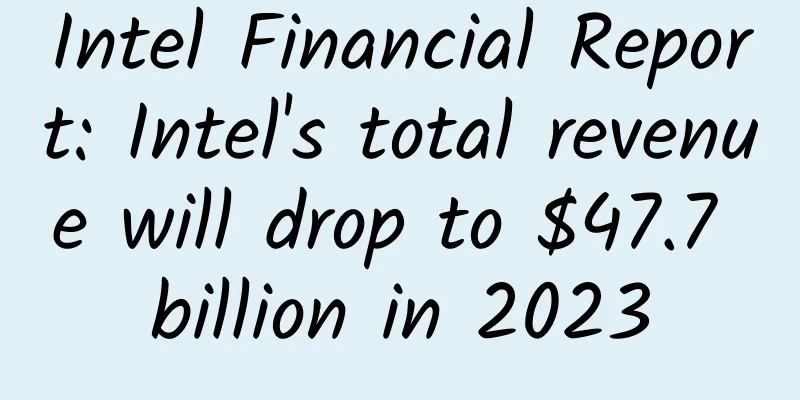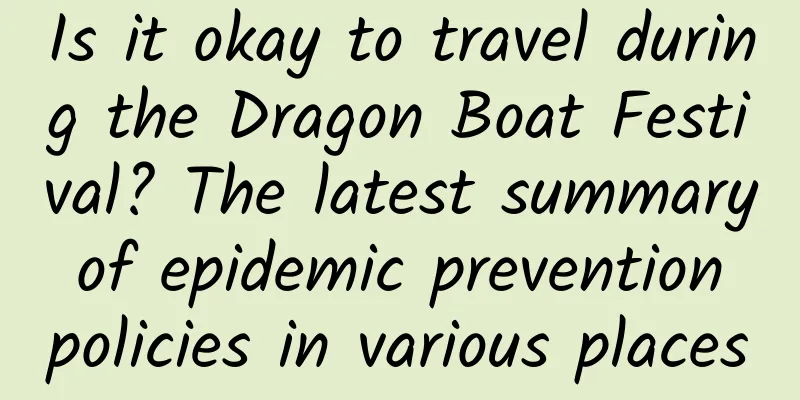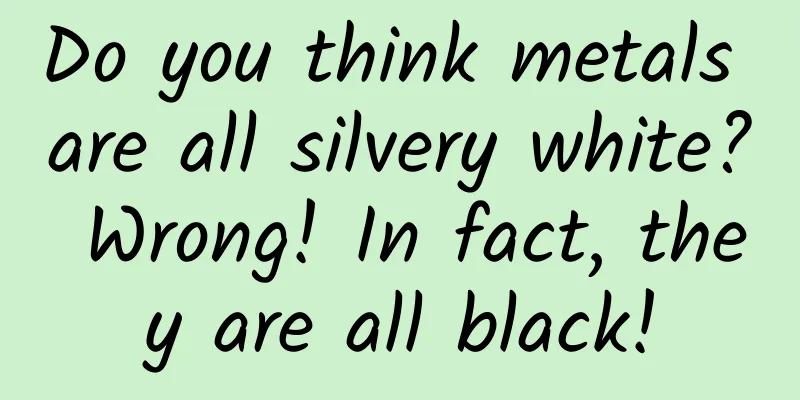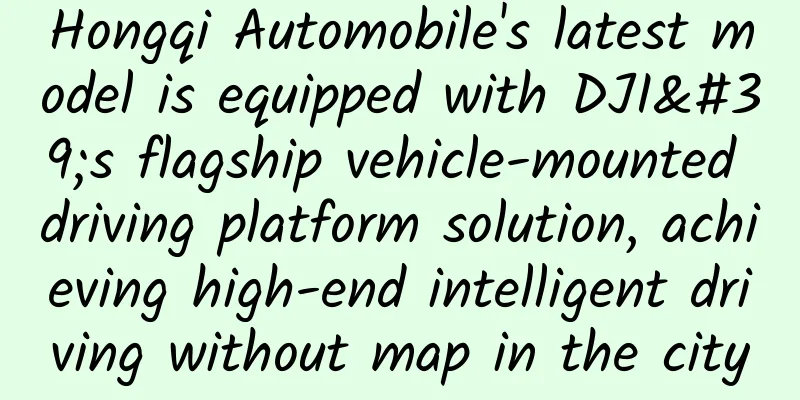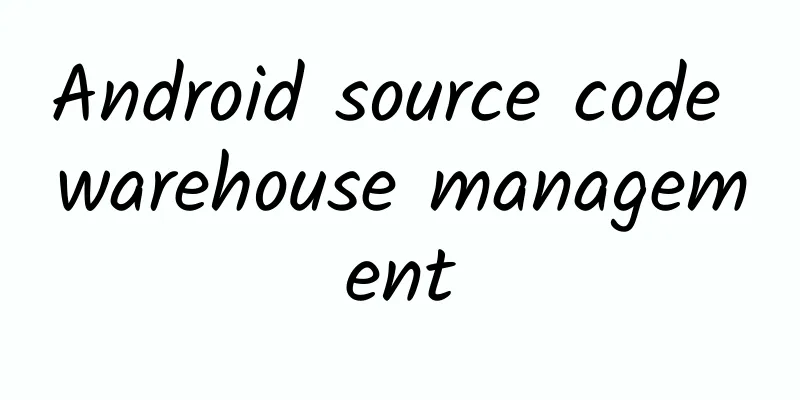|
We have added a supplementary reading material on "hacking" content - "Offline Hacking".
Why is it called supplementary reading? Because among the main articles, "Hackers Revisited" and "Geek Power" are both introducing the background content of the book "Hackers: Heroes of the Computer Revolution", while "Aaron Swartz: Idealist" is more like the text form of the documentary "The Internet's Own Child". Of course, the translation and production of the marginal content such as "Homebrew Computer Club Newsletter (Issue 1)" and "Portrait of a Hacker" are indeed very beautiful. But it seems that something is missing in the transition between cultural nostalgia and technological evolution.
Let me explain in detail below.
First of all, "Hacker Ethics" and "Revisiting Hackers" are a good start for this special topic. "Hackers" is indeed the essence of hacker culture. Its writing process and the details of the "Homebrew Computer Club Newsletter" at that time are really a good starting point for us to further appreciate the hacker spirit. Moreover, the "Geek Power" in the special topic section - this interview published by WIRED in April 2010 is much better than the mechanical translation of the "Editor's Note: 2010" in the 25th anniversary Chinese edition of "Hackers". But Levy's book does not describe hackers after the 1990s, especially the group of open source hackers headed by Linus Torvalds and Tim Berners-Lee - if the classical hackers conveyed to us values and spirit, then the open source hackers gave us real technical wealth.
The reason why software can swallow the whole world is that the technology ecosystem behind software and the Internet can create software that can swallow the whole world. The implementation of these software rarely leaves the open source community or open source technology nowadays. What hackers exchange here is far more than the punched paper in the drawer under the TX-0 console. This is also the knowledge wealth that hackers have given to all mankind. At present, whether it is the maker movement or biohackers, they cannot do without this knowledge to create, and their realization of these creations is also increasing these wealth. It is a pity that a book on the theme of "hackers" fails to talk about the open source technology ecosystem created by hackers. The root cause may be that Steven Levy himself does not write programs, and ESR's "The Cathedral and the Bazaar" is too rough to read. But that is exactly the blueprint that RMS wanted to achieve with the horn of "free software" but failed to realize. His feud and dispute with Linus Torvalds is another story. Perhaps in the future, I can add a special topic on the "open source movement" in the "offline" section, but this time the opportunity to explain the complete topic of "hackers" has disappeared.
Then, the article "Maker Revolution" written by Evgeny Morozov is actually not in line with the hacker spirit. The understanding of makers should be the same as Carmack's explanation of why they started making games - they are just making games for themselves, making games that they want to play but no one makes. As time goes by, they find that there are thousands of people who like these games. And forcing everyone to think about how to do things from the perspective of political and social structure is not only contrary to Adam Smith's "invisible hand" principle, but also inconsistent with the essence of makers who are just making things for themselves. When hardware can also form this kind of open source technology ecology like software, makers can naturally make anything they want. Hackers are builders. As for the political and social structure in which they live, if the author really cares about these issues, then he should come up with his own solutions, even if it is just to improve the existing open source government concept. After all, "Talk is cheap, show me your code." In recent years, the real influence on the political and social structure of hackers is still Assange's WikiLeaks and Snowden's "Prism Gate". It is true that makers will inevitably have some overly optimistic expectations, but it is not very meaningful to simply blame these builders instead of actually doing something for this future.
The two articles "The Dawn of Biohackers" and "The Man Who Decodes Life's Software" reminded me of my old profession that I had long abandoned - biotechnology. To be honest, at that time I could only understand the content of studying biology, but I had no imagination in technology and engineering to keep up with bioengineering like MIT abroad. Later, when I gave up biology and got in touch with science and technology culture, I really began to realize what kind of systemic changes the power of programming life would mean for the future of the entire human race. From the perspective of technology ecology, I very much hope that just like when personal computers and the Internet were brought to humans, hackers can also bring an open life technology ecology to all mankind, rather than allowing evil patent or copyright systems to fool the world.
Therefore, Aaron Swartz's ideals are even more important. In fact, Aaron's growth process in technology and his innate hacker spirit are very similar to what ESR discussed in the document "How to Become a Hacker" - both entered the hacker circle from participating in open source projects, and both were obsessed with using idealism to fix the problems in the world. I believe Aaron will not be unfamiliar with this document, and Aaron also said in his last interview before his death that the good and bad sides of the world will always exist, and the decisive factor is the side we want to emphasize at this moment and the actions we have to take for this. So, when I saw the article "The Idealist", what I could associate with the scenes recorded in "The Internet's Son" and the views emphasized by Aaron in his article, and at the same time extended to the wealth and changes brought to our world by the entire hacker technology ecosystem. When reading with these background contents, some of Aaron's work experiences carefully crafted below the article are no longer just those technical items mixed with obscure terms, but the real combination of Aaron's ideas and technology, personality and life. All of this he has practiced in his living life is an inspiration to all of us. In fact, I have always wondered, if Aaron had succeeded in starting his own business, when he had more social resources to do these things, wouldn't the outcome of things be very different? (For example, Google's book project...) Perhaps, just like the topic when Steve Jobs passed away, Aaron who chose to do that would not be the Aaron who achieved all this.
In addition, regarding the tool part, I am particularly curious why the tools recommended here cannot be some hacker-related tools?
Finally, regarding long articles, I think they are indeed very effective tools when targeting a certain issue or point of view. However, when facing a special topic consisting of a series of issues or points of view, a series of long articles will obviously make the content of the entire topic too long. This is the case with the failure to print the "Idealist" article in the "Hacker" special issue this time, not to mention the open source hacker content that was not covered this time, which cannot but be said to be a defect. Perhaps it seems enough for a magazine to touch on the surface of the topic... Perhaps it is more effective to fully explain the content of a topic like a book through a special topic catalogue... What I want to say here is, should the "offline" topic be completed?
If it is combined with online reading, as long as you have basic Internet literacy, you can make up for the lack of topic content. I still have Google and Wikipedia, and I can also find relevant online communities, or use social networks to improve the content of the topic myself. If it is purely offline reading like "offline" literally, the lack of topic content can easily mislead people's understanding of the topic, especially for those who are new to these topics. Therefore, as a node connecting online and offline, using a long article combined with a directory to complete the topic, and at the same time integrating Internet literacy into the planning and design of the content, it should definitely be possible with the ability and effort of the "offline" team. Moreover, this method is more suitable for using a series of electronic long articles to supplement more geek topics, right?
Another point is a flaw in this design. I think the all-black pages are designed for design's sake. The reason why hackers used green text and black screens when writing code in the early days was because there were too few colors to choose from. There were only 6 colors to choose from when the Apple II was released. The default settings of Shell and Vim are different now, unless you are particularly nostalgic and specifically look for this setting. The side effects of this design are, first, the smell of the book, and second, you have to find a white marker when writing, drawing, or taking notes in a long article. I don't know the cost of printing like this, but the most important thing is that nostalgia is not suitable for hackers. They are always creating something new, and their creations are working in places you can't see.
Overall, it feels reasonable to give this episode of "Hacker" 4 stars. As a winner of Toutiao's Qingyun Plan and Baijiahao's Bai+ Plan, the 2019 Baidu Digital Author of the Year, the Baijiahao's Most Popular Author in the Technology Field, the 2019 Sogou Technology and Culture Author, and the 2021 Baijiahao Quarterly Influential Creator, he has won many awards, including the 2013 Sohu Best Industry Media Person, the 2015 China New Media Entrepreneurship Competition Beijing Third Place, the 2015 Guangmang Experience Award, the 2015 China New Media Entrepreneurship Competition Finals Third Place, and the 2018 Baidu Dynamic Annual Powerful Celebrity. |
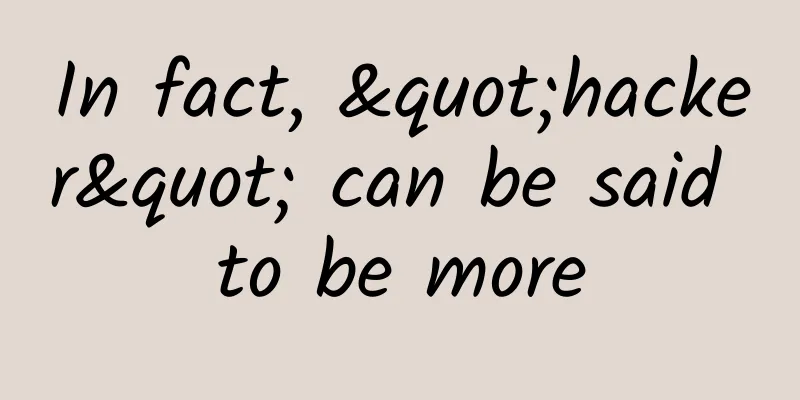



![[Summary] Tianya’s sixteen-year journey of product operation!](/upload/images/67cc1a1329441.webp)
